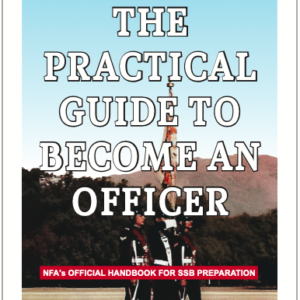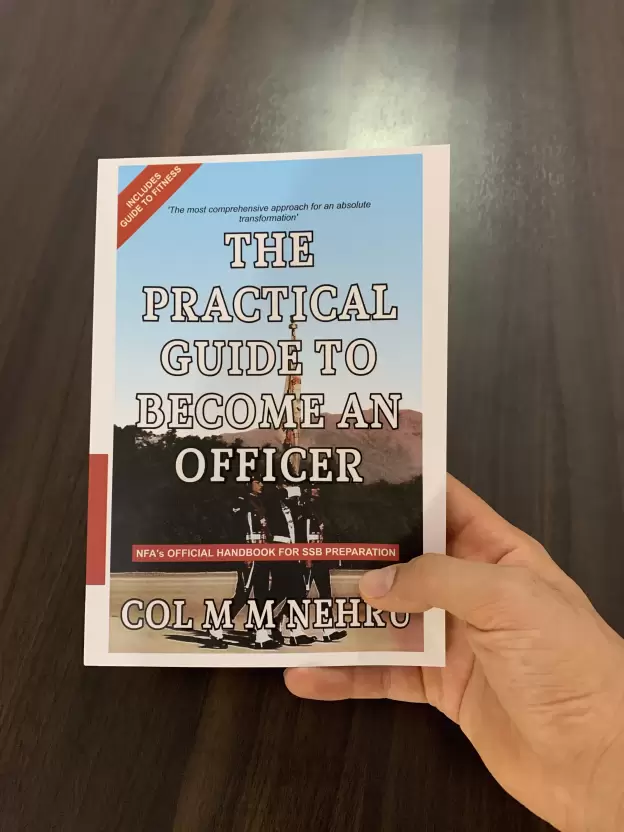A very common problem posed to me by my students is something like this, “I am pursuing my goals, and in order to do so, I am unable to meet the expectations of a large number of my friends because they do not accept my present conduct. I am losing friends. Am I socially okay?” In this essay, I have made an attempt to answer the question about our tendency or desire to conform or seek social approval/external validation for our actions.
SIGNIFICANCE OF SOCIAL APPROVAL
Man is a social animal. Leaders among groups emerge on the basis of social approval. A democratically elected leader has the approval of the majority. Thus social approval of ideas and actions is important.
We are born with the capacity to think logically and consistently. We need help to develop this capacity. So, we attend school too, among other things, to help us develop our universal logical capacity. In doing so, we seek external validation from our teachers to help us know if we are developing our intellectual capacities appropriately.
We are born with the universal capacity to be kind. Yet, young children need help in developing this capacity and moving past egocentric tendencies common to their age. Children learn skills of kindness through relating with their family or going to social activities, school, clubs, or team sports. In these relationships, we seek external validation from our parents, social authority figures, and peers to help us know if we are developing emotional capacities appropriately.
If we do not care about these forms of external validation, we will likely fail to develop all our positive human capacities to their fullest degree. That is because our universal capacities for communication, care, and problem-solving can only develop fully in relationships with other people. As such, they require some forms of external validation. (As a related but more trivial example, a person cannot become a highly-skilled Table Tennis player completely by herself. She can only do this by playing with others. Some skills require participation with others, which entails external validation, for full development).
DEPENDENCE ON EXTERNAL VALIDATION DOES NOT MAKE SENSE
In “Nicomachean Ethics”, Aristotle suggests that making honor the sole goal of one’s life is not wise because, among other things, it puts one’s happiness in other people’s hands. I have earlier written about the pursuit of happiness and in that essay explained that it would be unwise to anchor our happiness on external sources like people and the environment. The primary reason for not doing so is that environment and people’s views are inconsistent. Let me explain this aspect with an example.
In a Cricket Test Match between India and Pakistan played in 1999 at Chennai, Pakistan won by 12 runs. A brilliant century by Tendulkar went in vain. Pakistan team did a victory lap and the Indian crowd gave them a standing ovation. If I remember correctly, Harsha Bhogle famously said that “It is a victory for Cricket”. People loved Bhogle. If Bhogle had done exactly the same things in India of 2021 in similar circumstances, then he would be just as correct but may have been charged for sedition.
The above example illustrates quite clearly that seeking external validation for ideas and actions is not a great idea.
EXAMPLES OF EXTERNAL VALIDATION
Some of the most common external sources of validation are the following:
- Approval from persons in authority.
- Approval from peers.
- Social awards or prizes. (For example, getting on the honor roll, winning an artistic contest, or getting a raise at work.)
- Praise from other people.
- Earning degrees or certificates or awards.
EXAMPLES OF INTERNAL VALIDATION
Some of the most common internal sources of validation are the following.
- Our conscience.
- The feeling that our current actions help us to flourish mentally, physically, or emotionally.
- Knowledge that our actions align with our moral code or core values.
- A quiet confidence in the rationality of our choices.
- A sense that our core philosophy harmonizes the various aspects of our life.
- Pride in working hard and accomplishing a goal.
- An awareness of our life philosophy and a sense of confidence that we are living it out.
INTERNAL VALIDATION MAKES SENSE
Pursuit of ideas and actions having the approval of the majority can often lead to mediocrity and be a hindrance to creativity and growth. Leaders in society have had powerful ideas and charted a course of action. The followers grasped their ideas and actions in due course and then became their followers. If these leaders had awaited social approval for their ideas, they may not have become what they did become.
Here is an example that might help illustrate this point. Think of the great inventors of the world like Thomas Edison and Einstein who introduces groundbreaking science and theories into the world. Edison and Einstein certainly look to some external sources of validation for their work—like math and science. Nevertheless, what they were doing was so unique and unprecedented that at some point, they had to learn to rely on their own internal sense of validation. This sense assured them they were on the right path, despite the groundbreaking work they were doing and the many obstacles they encountered along the way.
While you and I may not invent things like new technology or scientific theories, each of us is the inventor of our own particular and unique life. We will certainly look to some external forms of validation to help us on our way. There will be times we must consult sources of internal validation to let us know we are on the right path.
If we fail to develop a sense of internal validation, we constantly feel starved for other people’s validation.
SOURCES OF EXTERNAL VALIDATION MAY BE UNETHICAL
I will quote an interesting example. The Governor of J&K, Satya Pal Malik imposed President’s rule in J&K at a time when PDP, NC and Congress had come together to stake a claim to form the government in Nov 2018. His actions were unethical and unconstitutional but were in accordance with the instructions of the Centre and the desires of the Hindu heartland. He gave flimsy reasons for his action. Similarly, Maradona’s ‘hand of God’ goal against England was unethical but was hailed by the majority of Argentina.
SOMETIMES EXTERNAL AND INTERNAL SOURCES OF VALIDATION CONFLICT
Sometimes the people around us tell us something is right or wrong, but we strongly disagree. If we continually ignore our internal sense of validation in favor of external sources of validation, this leads us to abandon internal validation. Or it causes us to live in a constant state of self-alienation. Both feelings are destructive. As a junior officer in my battalion, the popular culture taught to me was that cheating in competitions was the right thing to do, and not doing so was being stupid. It was in conflict with my conscience and I did not succumb to the pressure to conform. In the long run, the decision proved to be sensible.
ARGUMENTS IN SUPPORT OF INTERNAL VALIDATION
“The only validation we need comes from within; whatever our souls allow is allowed.” – Sherihan Gamal
When we blindly trust the opinions of others we will find that even the most well-intentioned advice can lead us down the wrong path.
Often, we will find that we seek validation because we are uncertain about our self-worth or our capacity for success. For example, we may desire to avoid failure by taking a “safe” path through life. We may even be afraid that our work is not good enough or that we inherently lack the capability to succeed in a challenging career.
When we let the opinions of others determine our choices in life, we often sell ourselves and our values short. It is easy to become trapped by our fear of what other people will think of our choices, and decisions made simply to please others will often leave us feeling dissatisfied and resentful.
Too often, what works for some people may not work for us, and if we are hindered by society’s notions of what constitutes success, we may end up in a career, relationship, or mortgage that we resent. Getting in touch with our values can be a great way to find a profoundly satisfying path in life and make decisions that we are pleased about.
When we are excessively focused on gaining the approval of others, we often make choices that go against our deepest goals and aspirations. We may find ourselves pursuing personal, educational, and career objectives that make us deeply unhappy. Under pressure from others, we may even make decisions that we consider immoral.
These kinds of choices can leave us feeling burned out and low on self-esteem. To derive a sense of self-worth from our decisions in life, we must first consider what we genuinely believe to be worthy courses of action when faced with tough choices. If we consistently undermine our own values to please others, we will stand little chance of respecting our own decisions.
To really build a life that we are content with, we need to work on changing ourselves from the ground up. When we make choices that we are happy with and that fit with our values, we will naturally build self-confidence in our character and in our abilities. Indeed, putting ourselves first and becoming comfortable with telling people “no” may not come naturally to us, but practicing assertiveness can and will get easier with time.
REFERENCES:

Col. MM Nehru
While in the Army as a Colonel, Judged Reality Show, “Mission Army-Desh ke Rakshak” of National Geographic in 2011.
Selector for Defence Services at 17 SSB, Bangalore.
SPORTS & FITNESS RELATED EXPERIENCE: Trained Services/ national/international level boxers. Trained Services athletes.
Top level Tennis player in India (above 55 years age category).









